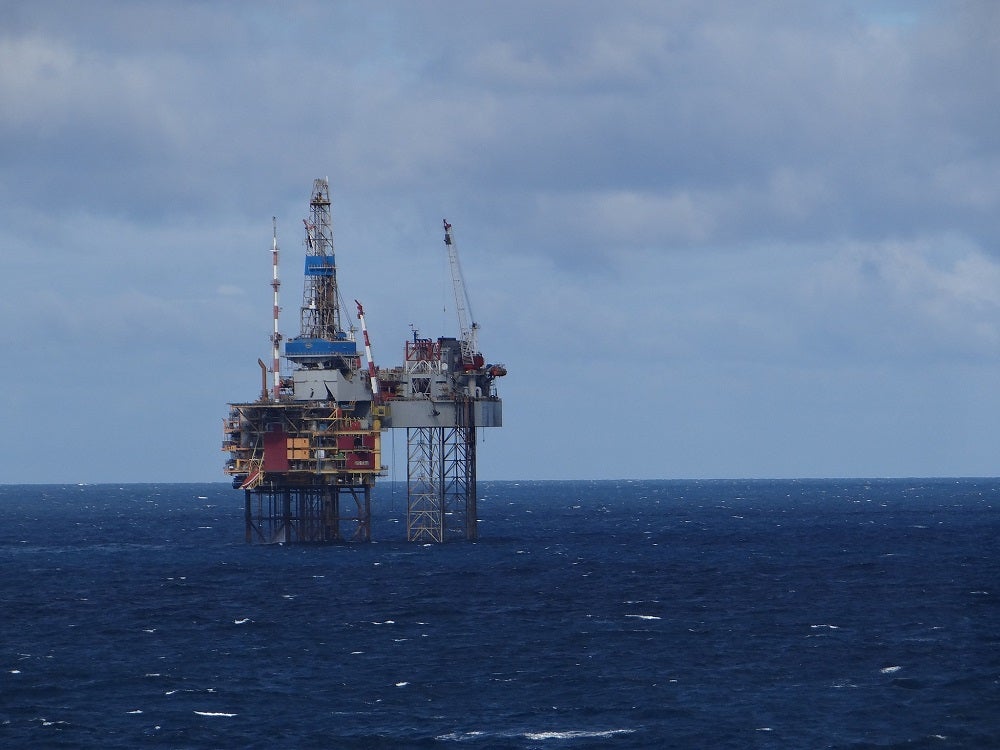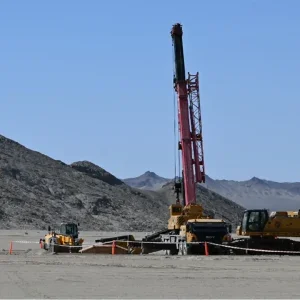
The UK oil and gas industry is in a “paper-thin position” and in need of government support to help it cope with the global price crash and coronavirus-weakened demand, a trade body has said.
OGUK, which represents UK operators particularly in the prolific North Sea region, warned “severe pressures” are building across the sector’s supply chain, which are likely to undermine businesses, jobs and economic viability.
In its latest market outlook report, the organisation forecasts drilling levels to recede to the lows experienced in 2016, while capital investment for the year ahead could decline up to 30% as margins grow tighter.
OGUK chief executive Deirdre Michie said: “Action is needed now to ensure the sector doesn’t lose the skills, experience and infrastructure it needs to meet the UK’s energy needs of today, as well as help deliver its net-zero ambitions in future.
“We appreciate the Chancellor’s recent statement, and OGUK is requesting urgent meetings with ministers to consider a Covid-19 sectoral resilience package, which would help to give some reassurance to the regions, businesses and jobs this industry supports.”
Responding to the industry’s call for government backing, Greenpeace UK executive director John Sauven agreed that oil and gas workers deserved support to stop their jobs being “crushed” by the combination of Covid-19, the escalating price war between Russia and Saudi Arabia, and the ongoing low-carbon transformation.
He cautioned, however, that lessons should be learned from the bailout measures afforded to banks during the 2008 financial crisis.
“Any bailout has to be tied to keeping people in employment and supporting oil workers. The government must rise to the challenge and avoid the cost of the health crisis exacerbating the climate crisis. The best remedy to both is pumping money now into the low-carbon transition to offer oil workers a clean energy future,” he added.
UK North Sea oil supply chains unable to ‘absorb much more pain’ as price crash deepens
The spread of the coronavirus pandemic has led analysts to slash demand forecasts for oil and gas, with the International Energy Agency (IEA) most recently predicting the first oil demand contraction in a decade of roughly 90,000 barrels per day.
This, coupled with the escalation of a price war between Saudi Arabia and Russia and the prospect of increased global production from next month, has rattled commodity markets and sent crude oil prices into a tailspin, reaching their lowest levels yesterday (18 March) since the early 2000s.
Operators are now scrambling to come to terms with the new reality, with many announcing plans to cut capital spending as investors turn their backs on Big Oil.
OGUK’s market intelligence manager Ross Dornan said: “It remains uncertain as to how the market is going to evolve in the coming months as the coronavirus impact increases each day.
“The UK Continental Shelf (UKCS) has seen significant improvement in its competitiveness, efficiency and productivity in recent years. These improvements will help performance, however, in this harsh environment, we expect companies to take significant steps to preserve cash flow and ensure business continuity.
“This will have a very negative impact on the supply chain, which has not yet seen much recovery from the previous downturn and doesn’t have the capacity to absorb much more pain.
“Companies are increasingly diversifying into other energy sectors and across industries more generally, but many cannot diversify or are too early in their journey to provide adequate protection/buffer.
“At this time innovative thinking, partnerships and meaningful collaboration will be required to help as many as possible to weather the storm.”






